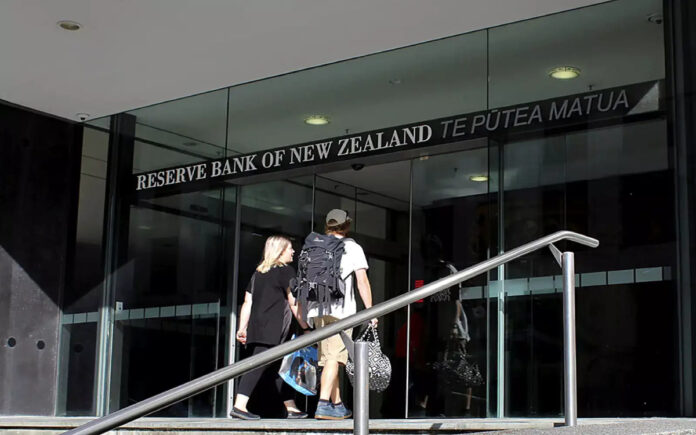Wellington: New Zealand’s central bank has announced plans to review its bank capital requirements this year in response to growing criticism that the current regulations are excessively stringent and stifle competition within the sector.
“We have heard the claims that our bank capital regime is unreasonably conservative, and that it is undermining competition and growth in the New Zealand economy,” Reserve Bank of New Zealand (RBNZ) Acting Governor Christian Hawkesby told a parliamentary committee.
“We think that some of those claims are incorrect, but most of the claims can be tested empirically.”
Hawkesby emphasized that the country’s banking system is not capital constrained, stating that financial institutions have the capacity to raise capital if they identify viable opportunities.
The central bank introduced an increase in capital requirements in 2019, with gradual implementation set to continue until 2028. However, these measures have faced criticism from politicians and industry stakeholders participating in a parliamentary inquiry into the banking sector. Critics argue that the stringent requirements have reduced available capital in the economy, leading to higher borrowing costs for businesses and consumers.
Currently, major banks are mandated to maintain a minimum capital ratio of 13.5%, while smaller banks are required to hold 11.5%.
Finance Minister Nicola Willis welcomed the RBNZ’s decision to review the policy, noting that it would allow for an objective assessment of New Zealand’s capital settings and determine whether the planned increases remain justified.
“Submitters have argued that other countries have less onerous bank capital requirements and that New Zealand is becoming an outlier internationally,” Willis said.
Also Read | Echoes of Eid ul-Fitr: Malaysian Village Keeps Cannon Tradition Alive
Globally, regulatory trends have shown a relaxation of capital requirements. For instance, the U.S. Federal Reserve recently scaled back plans to raise capital requirements for major banks.
“I want to see settings that preserve financial stability while encouraging investment, job creation, and income growth,” Willis added in a statement.
New Zealand’s economy emerged from recession in the fourth quarter of 2024 but remains fragile, with unemployment expected to rise in the first half of this year.
Also Read | CNOOC Discovers 100-Million-Ton Oilfield in South China Sea
RBNZ Chair Neil Quigley emphasized that any changes to regulatory settings must be conducted with both intellectual and practical integrity.
“The bank cannot act arbitrarily,” Quigley stated.
The RBNZ is also in the process of searching for a new governor following the unexpected departure of Adrian Orr earlier this month. Quigley noted that the selection process would commence “relatively soon” but warned that it could take up to nine months to appoint a new governor.



